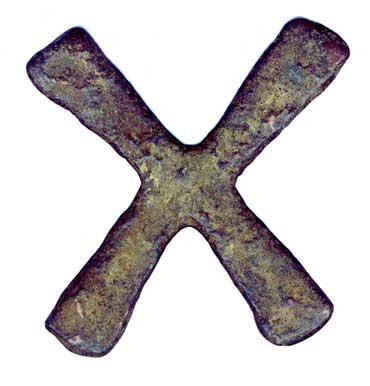"Although it is an ancient fact of life, an ancient technique, money never ceases to surprise humanity. It seems to them mysterious and disturbing. First and foremost it is complicated in itself, for the monetary economy that goes with money was nowhere fully developed, even in a country like France in the sixteenth and seventeenth centuries, even in the eighteenth. It only made its way into certain regions and sectors. It continued to disturb the others. It was a novelty more because of what it brought with it than what it was itself. What did it actually bring? Sharp variations in prices or essential foodstuffs; incomprehensible relationships in which man no longer recognised either himself, his customs or his ancient values. His work became a commodity, himself a 'thing'.
"The words of Noël du Fail put into the mouths of old Breton peasants (1548) expressed their astonishment and confusion. If there was so much less abundance inside peasant homes, it was because:
"both chickens and goslings are hardly allowed to come to perfection before they are taken to sell [at the town market of course] for money to be given either to the lawyer or the doctor (people [formerly] almost unknown), to the one in return for dealing harshly with his neighbour, disinheriting him, having him put in prison; to the other for curing him of a fever, ordering him to be bled (which thank God I have never tried) or for clyster; all of which the late Tiphaine La Bloye of fond memory [a bone setter] cured, without so much mumbling, messing and antidotes, and almost for a Paternoster."
[from Braudel's Capitalism & Material Life 1400-1800]
"The words of Noël du Fail put into the mouths of old Breton peasants (1548) expressed their astonishment and confusion. If there was so much less abundance inside peasant homes, it was because:
"both chickens and goslings are hardly allowed to come to perfection before they are taken to sell [at the town market of course] for money to be given either to the lawyer or the doctor (people [formerly] almost unknown), to the one in return for dealing harshly with his neighbour, disinheriting him, having him put in prison; to the other for curing him of a fever, ordering him to be bled (which thank God I have never tried) or for clyster; all of which the late Tiphaine La Bloye of fond memory [a bone setter] cured, without so much mumbling, messing and antidotes, and almost for a Paternoster."
[from Braudel's Capitalism & Material Life 1400-1800]


0 Comments:
Post a Comment
Subscribe to Post Comments [Atom]
<< Home